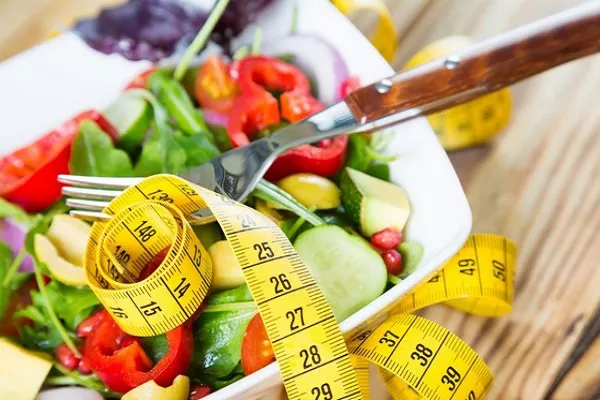When it comes to fat loss, there are numerous myths and misconceptions surrounding the most effective strategies. One common belief is that working out on an empty stomach, or in a fasted state, can lead to greater fat burning. This concept suggests that by exercising without eating beforehand, the body taps into stored fat as the primary fuel source. However, the truth is more complex, and understanding the role of nutrition in fat loss is crucial for developing a sustainable and effective approach. In this article, we will explore whether working out without eating truly burns more fat and shed light on the importance of proper nutrition in achieving your fat loss goals.
The Basics of Fat Loss
To understand the impact of working out without eating on fat loss, it’s essential to grasp the fundamental principles of energy balance and metabolism. Fat loss occurs when the body is in a calorie deficit, meaning you consume fewer calories than you burn. In this state, the body turns to stored fat as an energy source to make up for the shortfall.
While exercise plays a significant role in increasing calorie expenditure, it’s important to remember that fat loss is dictated by overall energy balance rather than the specific timing of workouts or meals.
Working Out on an Empty Stomach: The Theory
The theory behind working out on an empty stomach for fat burning is rooted in the idea that, in a fasted state, glycogen (carbohydrate) stores are depleted, leading to increased reliance on stored fat as fuel. Proponents of this approach argue that exercising before consuming food allows the body to tap into those fat stores more readily.
However, research on this topic has produced mixed results, and the overall consensus leans toward a different conclusion.
The Reality: Balancing Fuel Sources
Contrary to popular belief, the body doesn’t exclusively rely on fat as a fuel source during exercise. It utilizes a combination of carbohydrates, fats, and sometimes protein to provide energy. The proportions of these fuel sources depend on several factors, including exercise intensity, duration, and individual characteristics.
During low-intensity activities such as walking or light jogging, the body primarily uses stored fat as fuel. As exercise intensity increases, the reliance shifts toward carbohydrates, as they can be broken down more quickly to meet the energy demands.
When working out without eating, glycogen stores may indeed be lower due to fasting overnight or extended periods between meals. However, this does not necessarily translate to greater fat burning. Instead, it may lead to reduced exercise performance and intensity, as the body lacks readily available carbohydrates for efficient energy production.
The Role of Carbohydrates
Carbohydrates are the body’s preferred energy source during high-intensity exercise. They provide quick energy and support optimal performance, allowing you to push harder during workouts. Without an adequate carbohydrate supply, you may experience fatigue, decreased stamina, and suboptimal workout quality.
By fueling your body with carbohydrates before a workout, you ensure that you have sufficient energy to perform at your best. This can result in higher calorie expenditure during the exercise session itself and potentially greater overall fat loss over time.
Additionally, consuming carbohydrates pre-workout helps preserve muscle mass. When glycogen stores are depleted, the body may turn to muscle tissue as a source of energy, leading to muscle breakdown. By providing carbohydrates before exercise, you help spare muscle tissue and promote its maintenance, which is crucial for a toned and lean physique.
Post-Workout Nutrition: Supporting Fat Loss and Recovery
While the timing of pre-workout nutrition is important, post-workout nutrition also plays a significant role in supporting fat loss and recovery. After exercise, your body requires nutrients to replenish glycogen stores, repair muscle tissue, and optimize the recovery process.
Consuming a balanced meal or snack that includes protein and carbohydrates within the post-workout window (within 1-2 hours) supports muscle repair, promotes glycogen resynthesis, and ensures proper recovery. This helps preserve lean muscle mass while allowing for fat loss to occur.
Protein is particularly important for post-workout nutrition as it aids in muscle repair and growth. Including a source of lean protein such as chicken, fish, tofu, or Greek yogurt in your post-workout meal or snack can provide the necessary amino acids to support these processes.
The Importance of Individualization
It’s important to note that individual factors, such as personal preferences, training goals, and overall lifestyle, play a significant role in determining what approach works best for you. Some individuals may find that exercising on an empty stomach suits their preferences and goals, while others may benefit from having a small pre-workout snack to optimize performance.
Experimentation and self-awareness are key. Pay attention to your body’s cues, energy levels, and performance during workouts to identify what eating pattern works best for you. Consulting with a registered dietitian or healthcare professional can provide valuableinsights and guidance tailored to your specific needs and goals.
Related topics:


